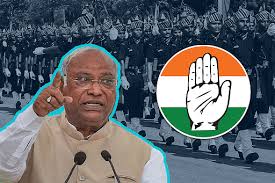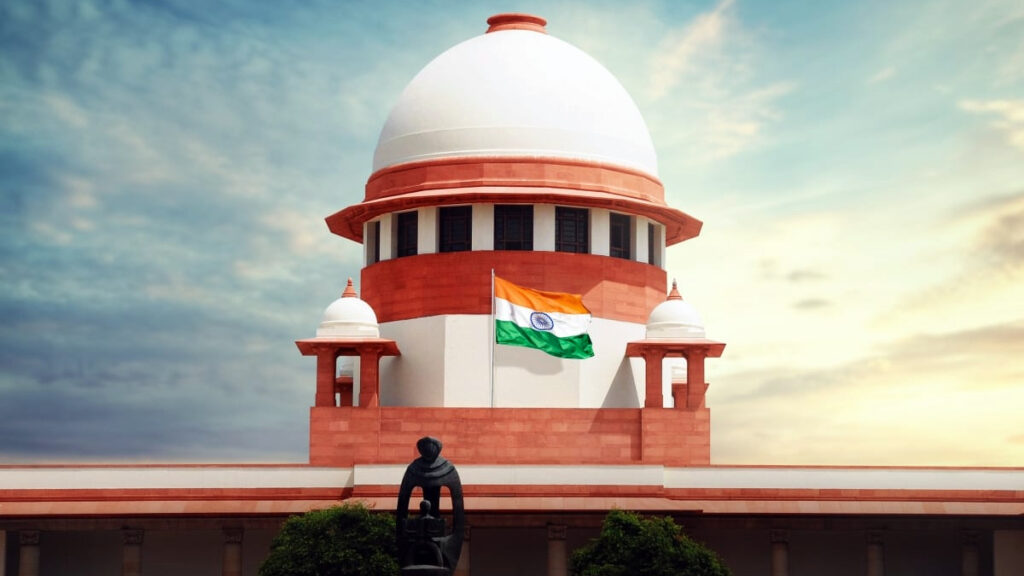
Supreme court refuses to grant bail to police official accused of custodial death
Last Updated on April 1, 2024 by News Desk
Recently, the Supreme Court declined the bail of the police official accused of custodial death and held that a stricter approach would be adopted in the cases of custodial torture involving police officials.
The bench comprising Justices Aniruddha Bose and Sanjay Kumar observed, “It is a fact that, in ordinary circumstances, we ought not to invoke our jurisdiction under Article 136 of the Constitution of India to invalidate an order granting bail to an accused. But this criteria, while dealing with the question of granting bail, would not apply in a case of custodial death, where police officials are arraigned as accused. Such alleged offences are of grave and serious nature.”
The court was hearing the appeal filed by the complainant challenging the order granting bail to the police official who allegedly was involved in the death of his brother in police custody on 12th February 2021.
The deceased was arrested in connection with a case involving robbery and he was taken into custody on 11th February 2021. Altogether, 19 police officials have been implicated in the offence and a chargesheet has been submitted against them. the chargesheet includes allegations of commission of offences under Section 34 read with Sections 302, 330, 331, 218 and Section 120-B of the Indian Penal Code. The High Court granted bail to one of the officials- respondent no. 3 by the order passed on 15th February 2023.
The appellant questioned the legality of the order and challenged the bail.
Mr. Balasubramanian, learned senior counsel, appearing for respondent No.3 argued his client, being a police constable, was working as a substitute driver, and had no role to play in the alleged commission of the offence and thus was granted by the high court.
However, the court mentioned that they had found a certain role attributed to respondent No.3 in the commission of alleged offences while going through the charge sheet. “As per the materials disclosed by the agency, his role was not confined to just being a driver of a police vehicle so far as the commission of the alleged offences is concerned. The status report filed before us by the CBI is on the same lines. Of course, these factors would have to be independently assessed at the stage of trial on leading of evidence but we are considering them only for the purpose of determining the question of bail of respondent No.3.” the court said.
Referring to the case of State of Jharkhand v. Sandeep Kumar [2024 INSC 179], the court stated that they have to make an exception from the general approach on the question of granting bail and adopt a stricter approach, mainly on two grounds-
- The first one is that respondent No.3 is part of the police force and the allegation is that of custodial death, in which he has been implicated. In cases of this nature, having regard to the overall influence a member of a police force may wield in connection with a case against them pertaining to custodial death, a stricter view is to be taken on the question of granting bail.
- Secondly, the charge is under Section 302 of the Indian Penal Code and the appellant has been enlarged on bail within 1 and ½ years of his detention. The alleged offence is of grave and serious nature and that factor has not been properly considered by the High Court.
Therefore, the appeal was allowed.
Case title- AJAY KUMAR YADAV VERSUS THE STATE OF UTTAR PRADESH & ORS
Written by Shagun Behal




